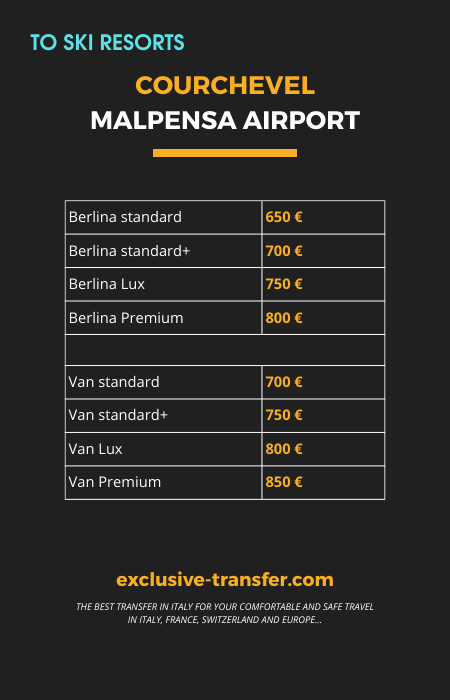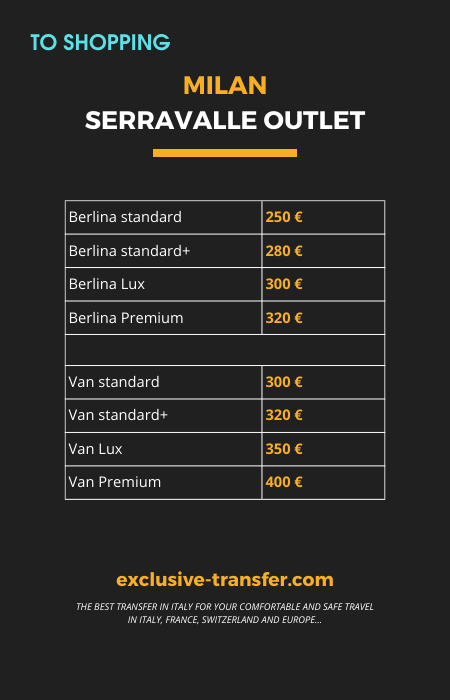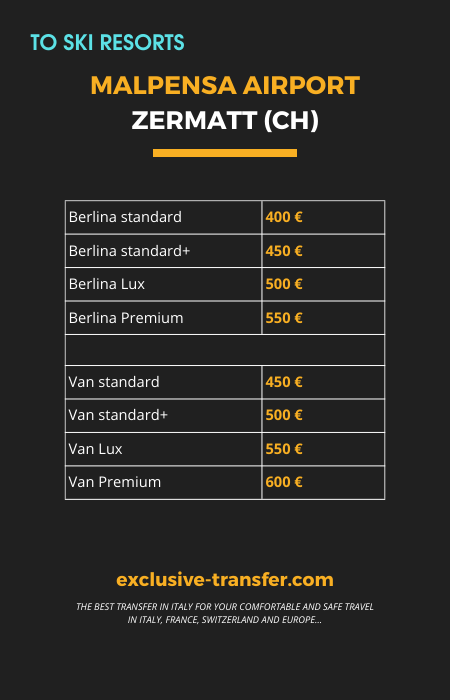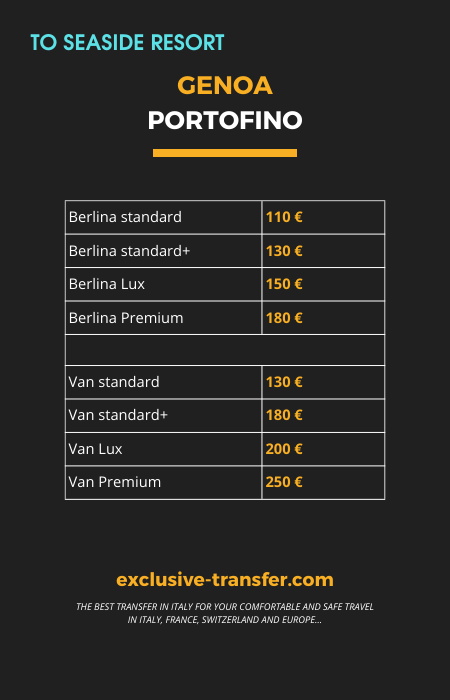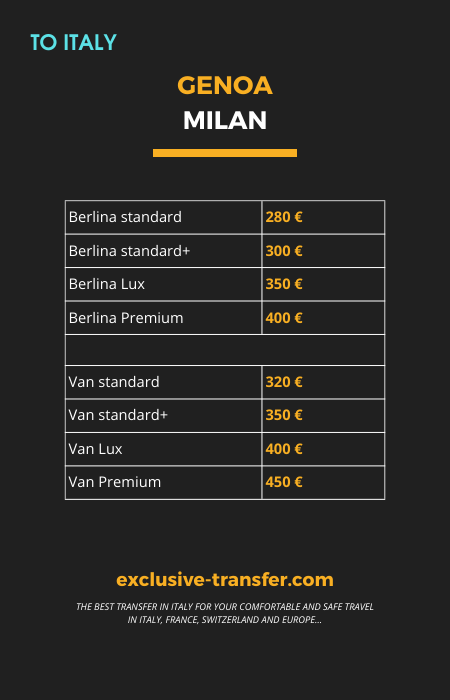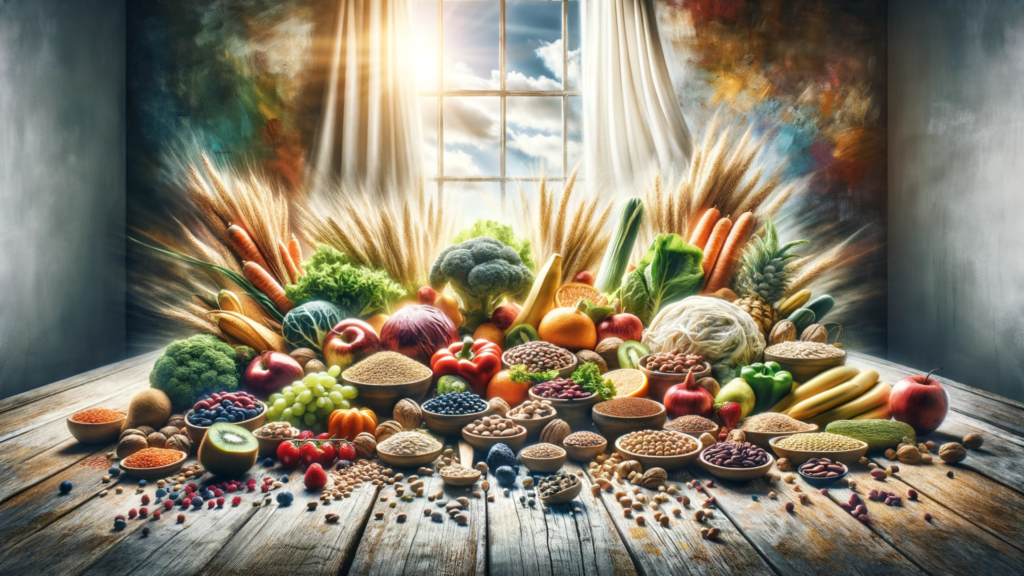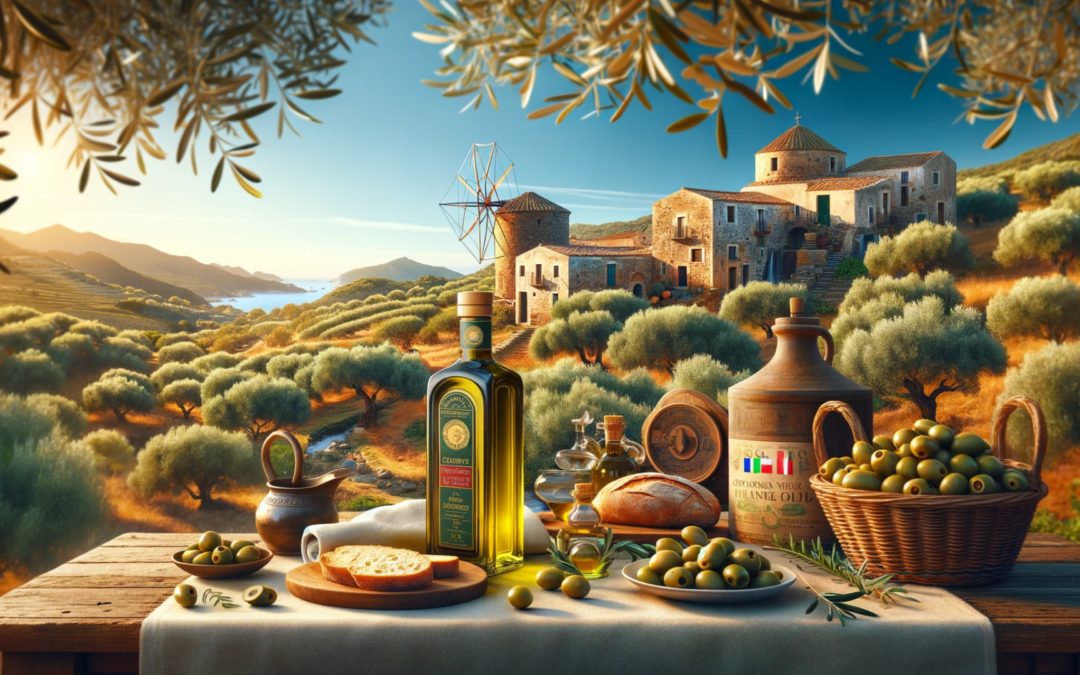Psychologist Bonus 2024: Applications Open March 18 for Amount Up to €1,500 – How to Apply
Psychologist Bonus 2024: Applications Open March 18 for Up to €1,500 – How to Apply Requests Accepted Until May 31 Starting from March 18, 2024, applications for the psychologist bonus will commence. Wondering how to apply? The Ministry of Health, on its official website, highlights that “the benefit targets citizens with an ISEE (Equivalent Economic Situation Indicator) not exceeding €50,000.” Additionally, “applications for this contribution can be submitted until May 31, 2024. Eligible individuals will then be prioritized based on their ISEE, with preference given to those with the lowest values.”
More
How to Apply: Submission Procedure To access this benefit, applicants must submit their requests exclusively online through the ‘Psychotherapy Sessions Contribution’ service. This can be done via:
- Web Portal: Utilize the dedicated online service accessible on the INPS website (www.inps.it) directly via SPID (Public Digital Identity System) level 2 or higher, Electronic Identity Card (CIE) 3.0, or National Services Card (CNS) from the “Benefits and Services” > “Services” > “Access Point to non-pension services” section. The pathway is as follows: “Supports, Subsidies, and Allowances” > “Explore Supports, Subsidies, and Allowances” > select “See all” under the “Tools” section > “Access Point to non-pension services”. After authentication, select the relevant service.
- Integrated Contact Center: Call the toll-free number 803.164 (free from landlines) or 06 164.164 (mobile charges may apply).
Amount: Benefit Value “The contribution amounts have been raised compared to the previous year,” notes the ministry, “and the timeframe for utilization has been extended to 270 days.” For individuals with an ISEE:
- Lower than €15,000: The benefit, up to €50 per session, is granted up to a maximum of €1,500 per beneficiary.
- Between €15,000 and €30,000: The benefit, up to €50 per session, is granted up to a maximum of €1,000 per beneficiary.
- Exceeding €30,000 but not surpassing €50,000: The benefit, up to €50 per session, is granted up to a maximum of €500 per beneficiary
Baroque in the Interior: Luxury and Sophistication
Baroque is a style that is famous for its luxury, sophistication and abundance of details. In interior design, Baroque embodies elegance and luxury, embodied in refined shapes, rich fabrics and precious finishes. From royal palaces to luxurious villas, Baroque has always impressed with its splendor and attracted attention with its extravagance.
Dubious Ingredients Found in Some Well-Known Cosmetic Brands: Test Results Revealed Shocking Findings
Concerns have arisen in the cosmetics industry following the discovery of questionable substances in certain well-known brands. After tests were conducted, many products failed to meet the standards, with some shocking results emerging from the analysis.
More
A new German test revealed that certain cosmetic products contain contentious substances such as paraffins and dubious preservatives. This situation has alarmed consumers and cast a shadow over the sector.
The German magazine Ökotest, which has long been concerned about consumer welfare, took it upon itself to conduct tests and raised alarm bells regarding makeup. Specifically, the magazine decided to test 16 volumizing black mascaras, of which only 7 passed the certification.
The price range of the cosmetics widely used by the population worldwide was broad enough to encompass a greater number of products. Thus, the test transitioned from mascaras costing 2.88 euros to 24.38 euros. Analyses revealed that 10 products yielded positive results, while 6 were rejected.
Attention to Makeup: 6 Mascaras Failed the Test
The products that failed the German test are those that utilize lubricants based on oil, synthetic polymers, and silicones. These are elements that typically provide lash stability and enhance the overall effect, even if they come with a few drawbacks.
These are ingredients that can have an impact not only on the environment, making them not very eco-friendly, but are also considered hazardous to the health of individuals. It is for this reason that the concern among those conducting the tests was particularly strong.
In particular, the study aimed to alert consumers by identifying the three worst mascaras on the market, those to be avoided as they contain contentious ingredients and are also contaminated internally.
The first product that should not be considered is Maybelline The Colossal Volume Express, 01 Black, which contains questionable ingredients. Subsequently, two other products from L’Oréal were reported: Nyx (l’Oréal) Worth the Hype, Volume & Lengthening Mascara, 01 and L’Oréal Voluminous Mascara Extra Volume, Black.
The German magazine’s test then revealed which brands are the best when it comes to mascara. Among them, we find Benecos, Dr Hauschka, Lavera, Sante, and Terra Naturi. Meanwhile, products from Essence, Manhattan, and Max Factor achieved sufficiency.
This test underscores the importance of making informed choices when it comes to cosmetics, considering not only the product’s aesthetic qualities but also its composition, impact on health, and the environment. Consumers are urged to be mindful of ingredients and to purchase products from reputable and trustworthy brands that guarantee safety and quality
Nitrosamines in Food: Hazards and Protection Measures
The European Food Safety Authority (EFSA) has raised concerns about the link between nitrosamines and cancer, warning of potential health risks to consumers. Nitrosamines, chemical compounds formed in food after preparation and processing, can be carcinogenic and genotoxic, meaning they can damage DNA
More
These substances are found in various products, particularly in processed meat products, fish, cocoa, beer, and alcoholic beverages. They may also be present in processed vegetables, dairy products, and cosmetic products. However, further research is needed to fully understand their distribution.
To protect oneself from the potential harmful effects of nitrosamines, it is recommended to limit the consumption of processed meat, especially when prepared at high temperatures. Introducing a diverse and balanced diet can also help reduce the risk. Some products, such as ascorbic acid, garlic, onions, and strawberries, may help decrease the formation of nitrosamines in food products.
EFSA continues to monitor the impact of nitrosamines on human health and collaborates with the European Commission and member states to develop legislative initiatives aimed at addressing this issue.
Italy Without Snow: Trends and Impact on Mountain Tourism
The absence of snow, which is increasingly felt in the Apennines, does not hinder traditional ski weeks and weekend skiing, snowshoeing, and enjoying delicious food in mountain shelters.
More
In fact, according to a report by Federalberghi prepared by Tecnè, 8.9 million Italians spent their holidays in the mountains from January to March. Of these, 6.5 million went on skiing holidays, while 2.4 million opted for a short break on weekends.
The turnover will amount to 6.1 billion euros, of which 4.3 billion will be spent on ski weeks. As for the destinations for weekly vacations, 95.5% remain in Italy, with 72.6% heading to the northern regions and only 22.9% to the central-southern regions, partly due to the lack of snowfall in the Apennines. On weekends, 38.6% choose the central-southern regions, while 61.4% opt for the north.
“For us,” comments Federalberghi president Bernabo Bocca, “this is a good sign that comes closer to Easter, and it gives us hope. We had moments of difficulty, fearing that winter tourism could be penalized in terms of performance by the poorer segments of the population.”
Ministry of Tourism also addresses the issue of lack of snow. “This report,” says Tourism Minister Daniela Santanche, “confirms the central role of Italian mountains for the tourism sector, including due to the significant turnover they generate. At the same time, considering the braking effect caused by the lack of snow in the Apennines, we are already working, starting with activating a working group with associations and operators in this sector, on developing new ways to experience the mountains to maximize the potential of these territories.”
Staying in a hotel remains the favorite option during the ski holiday period, “a breath of fresh air for our business,” comments Bocca, who, however, emphasizes: “All this is excellent foreshadowing, but it contradicts the perspective of a holiday, whatever it may be. During the period we want to talk about, unfortunately, this has an impact on lower purchasing power. According to our survey, 7 out of 10 Italians have faced rising prices, otherwise orienting their choice. And for us, this,” he concludes, “will never be able to be good news.”
Assoturismo also sounds the alarm about rising prices, which are driving compatriots away from the mountains: “Compared to last year, a whopping 3 million Italians were forced to forgo skiing holidays from January to March, with losses in turnover in this sector amounting to up to 3.5 billion euros by 2023.” The classic ski week, according to the association, is becoming increasingly exhausting due to the avalanche-like rise in prices that has hit the entire mountain sector. “The cost of ski passes,” reports president Gabriele Melluzo, “rose by +8.1% in the Dolomites in 2024, by +6.5% in Courmayeur, by 7.7% in Bormio, and by 7.6% in Livigno, and compared to 2021, the number of daily tickets increases. the number of ski passes even reached +22.1% in Livigno, +21.7% in Bormio, +19.4% in the Dolomites, +16% in Courmayeur.”
- Follow our news on our channels…
SUBSCRIBE TO OLO NEWS ITALY
TRANSFER IN ITALY
- Malpensa Airport – Milan – from € 90.-
- Como – Milan – from € 90.-
- Bergamo – Milan – from € 90.-
- Lugano – Milan – from € 140.-
- Fiumicino Airport – Rome – from € 70.-
- Ciampino Airport – Rome – from € 70.-
- Civitavecchia – Rome – from € 150.-
- Milan – Rome – from € 900.-
*Prices may vary depending on the service provider
